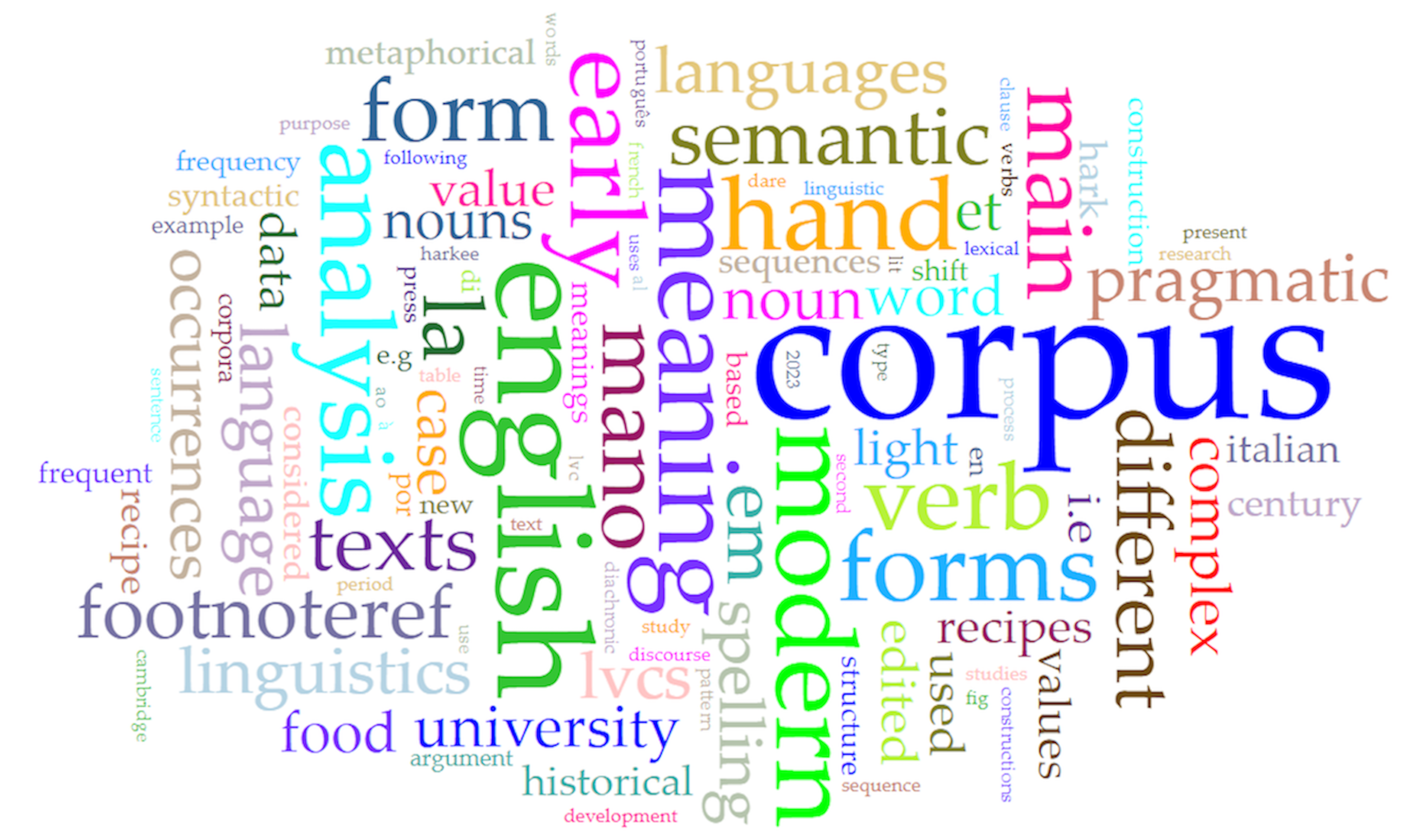Heark, Hark Ye, Harkee: A History of Forms
DOI:
https://doi.org/10.13133/2239-1983/18568Abstract
The present paper investigates the relationship between Early Modern English spelling fluctuation and grammaticalisation, by looking at the evolution of the different forms of the pragmatic marker harkee, which emerged from an imperative matrix clause headed by the verb hearken/hark. The phenomenon of spelling fluctuation intervenes at multiple levels in the data and in the process under scrutiny. Firstly, the verbs that constitute the matrix clause present alternative spelling forms, with or without the digraph <ea>, and with or without final <e>. Secondly, an attentive review of the grammaticalisation process of the pragmatic marker hearkee/harkee reveals that this form emerges from a constellation of alternative spelling forms at the end of the 17th century. This paper offers a quantitative analysis of the occurrences of the different spelling forms of the verbs in the matrix clause from which the pragmatic marker emerged. Furthermore, it provides empirical data towards models of the syntactic development of pragmatic markers, by mapping the frequency of evolution of distinct syntactic environments in Early Modern English.
##submission.downloads##
Pubblicato
Come citare
Fascicolo
Sezione
Licenza
Gli autori che pubblicano su questa rivista accettano le seguenti condizioni:- Gli autori mantengono i diritti sulla loro opera e cedono alla rivista il diritto di prima pubblicazione dell'opera, contemporaneamente licenziata sotto una Licenza Creative Commons - Attribuzione che permette ad altri di condividere l'opera indicando la paternità intellettuale e la prima pubblicazione su questa rivista.
- Gli autori possono aderire ad altri accordi di licenza non esclusiva per la distribuzione della versione dell'opera pubblicata (es. depositarla in un archivio istituzionale o pubblicarla in una monografia), a patto di indicare che la prima pubblicazione è avvenuta su questa rivista.
- Gli autori possono diffondere la loro opera online (es. in repository istituzionali o nel loro sito web) prima e durante il processo di submission, poiché può portare a scambi produttivi e aumentare le citazioni dell'opera pubblicata (Vedi The Effect of Open Access).


